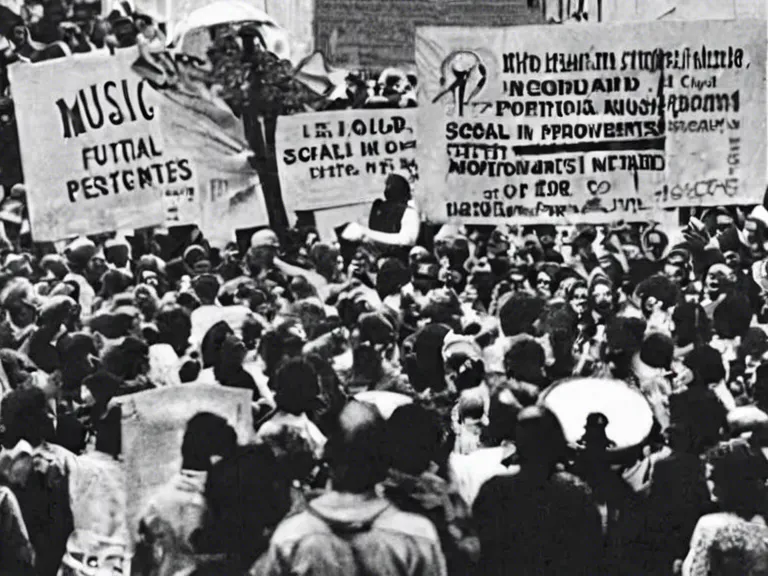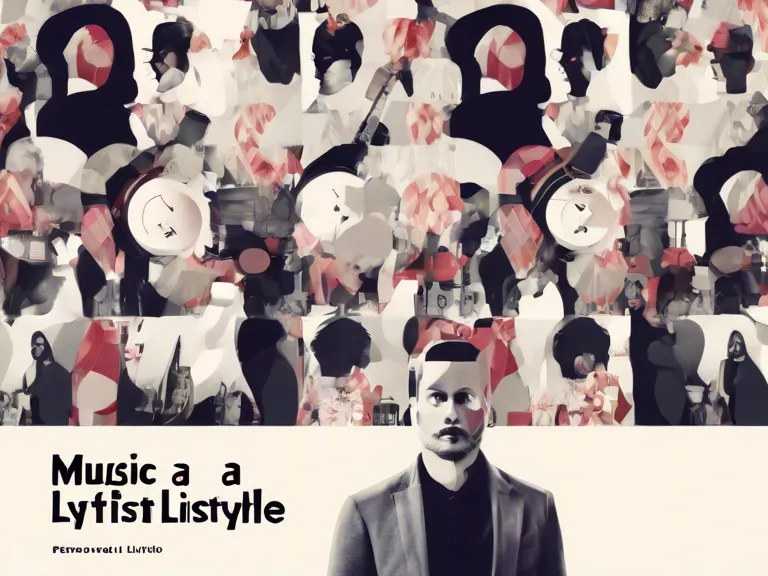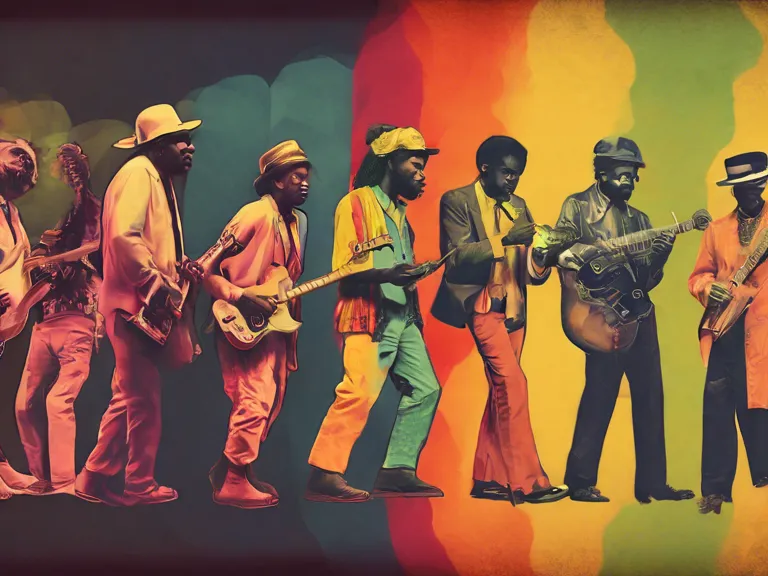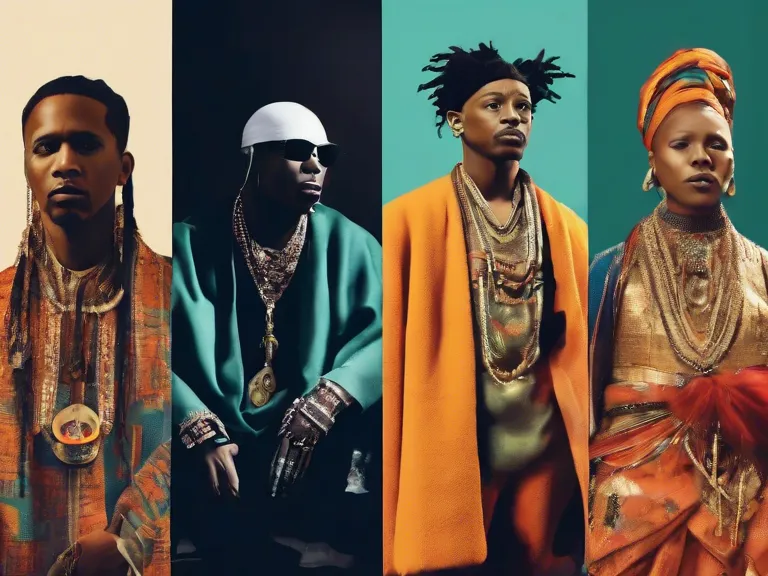
Music has always played a significant role in social movements, serving as a powerful tool for conveying messages, uniting people, and inspiring change. From civil rights movements to anti-war protests, music has been at the forefront of shaping the narrative and mobilizing individuals towards a common goal. This article explores the historical significance of music in social movements and the potential future perspectives as activism continues to evolve in the digital age.
Music has been a central component of social movements throughout history, acting as a unifying force that brings people together and amplifies their voices. During the civil rights movement in the 1960s, artists like Nina Simone, Bob Dylan, and Sam Cooke used their music to convey powerful messages of equality, justice, and empowerment. Their songs became anthems for the movement, inspiring activists and rallying support for the cause. Similarly, protest music played a crucial role in the anti-war movement, with artists like John Lennon and Bob Marley using their music to protest against war and advocate for peace.
In addition to shaping the narrative of social movements, music has the power to evoke emotions and create a sense of solidarity among individuals. The collective experience of singing songs of protest or revolution can create a sense of community and purpose, fostering a spirit of resilience and determination. Music also has the ability to reach a wide audience and transcend linguistic and cultural barriers, making it a universal language that can unite people from diverse backgrounds.
As social movements continue to evolve in the digital age, the role of music is likely to become even more prominent. With the rise of social media and streaming platforms, artists now have greater access to audiences and can use their music to spread messages of activism and resistance on a global scale. The viral nature of online activism has the potential to amplify the impact of music in social movements, reaching a broader audience and sparking conversations on important social issues.
In conclusion, music has always been a powerful tool for social change, shaping the narrative of movements and uniting people in common purpose. As activism continues to evolve in the digital age, the role of music in social movements is likely to become even more significant, serving as a driving force for change and inspiring individuals to stand up for justice and equality.



